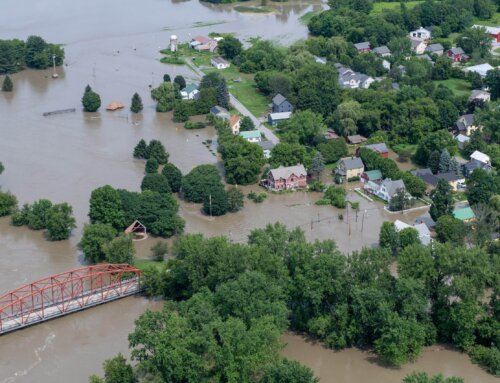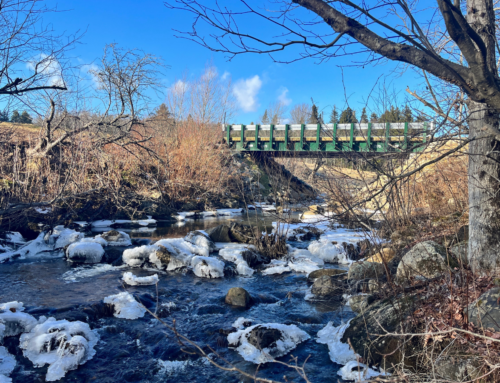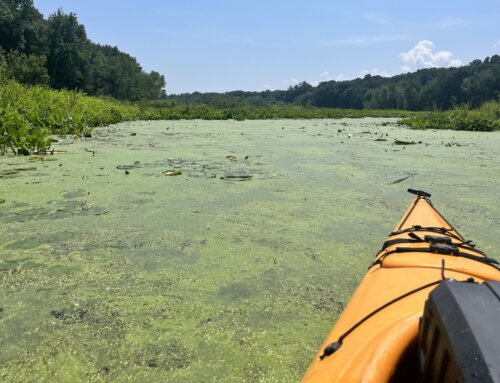Greenfield, MA. March 23, 2010.
One option said to be available to engineers at the Vermont Yankee nuclear plant for dealing with the tritium contamination is to extract the hundreds of thousands of gallons of tritium-contaminated groundwater at the site, filter out the organic matter, and then flush the tritium-tainted water back into the Connecticut River. Just the mention of that possibility has drawn the ire of the Connecticut River Watershed Council.
The radioactive tritium leaks discovered in early January have already spread in a plume that is leaching into the river. The Council says if Entergy were to be allowed to use this “dilution” method, it would be sanctioning New England’s four-state river as a de-facto sewer for low-level nuclear waste.
“Withdrawing large volumes of contaminated groundwater is a laudable idea to avoid further contamination of the river,” says David Deen, River Steward for Vermont and New Hampshire, “but diluting that radioactive water with still more Connecticut River water and then discharging the solution back directly into the river is wholly unacceptable. It would broaden the reach of the contamination downstream.”
Another option said to now be under consideration by Entergy is more environmentally preferable to the Council. That approach is to extract the water from the ground and then reuse the contaminated water within the plant, “Even after filtering, the tritium is not removed,” says Deen, “But at least by this method, any tritium release through evaporation at the plant must comply with the Nuclear Regulatory Commission’s air discharge limits. It provides a way of monitoring the health and safety risks to people in this three-state region.”
Deen noted that if the plant cannot reuse the water for some reason, Entergy should be required to store it on site, “Until the radioactivity level is within the exposure limit of 3 millirems that exists under Health Department rules.” Entergy currently may not have the capacity to safely store hundreds of thousands of gallons of tainted water, another impediment to continued plant operations, “The Council feels that since Vermont Yankee created the problem, neither the river, nor the public, should be forced to pay the price for their clean up.”
# # #
For press information contact: David L. Deen, River Steward, CT River Watershed Council: 802-828-2266; or, ddeen@ctriver.org







